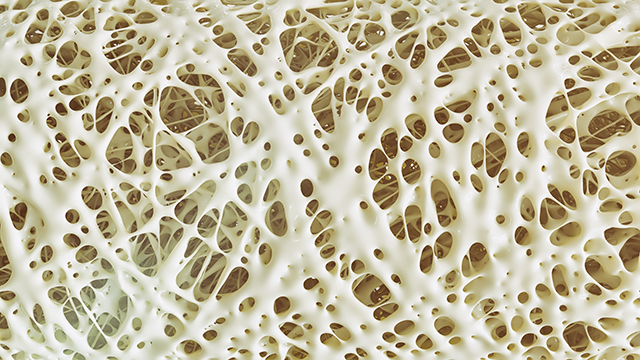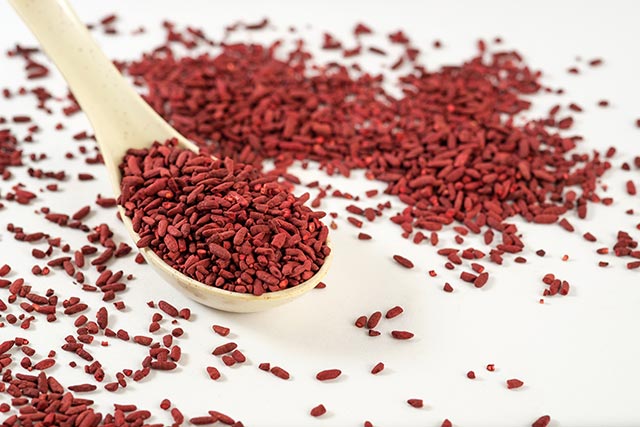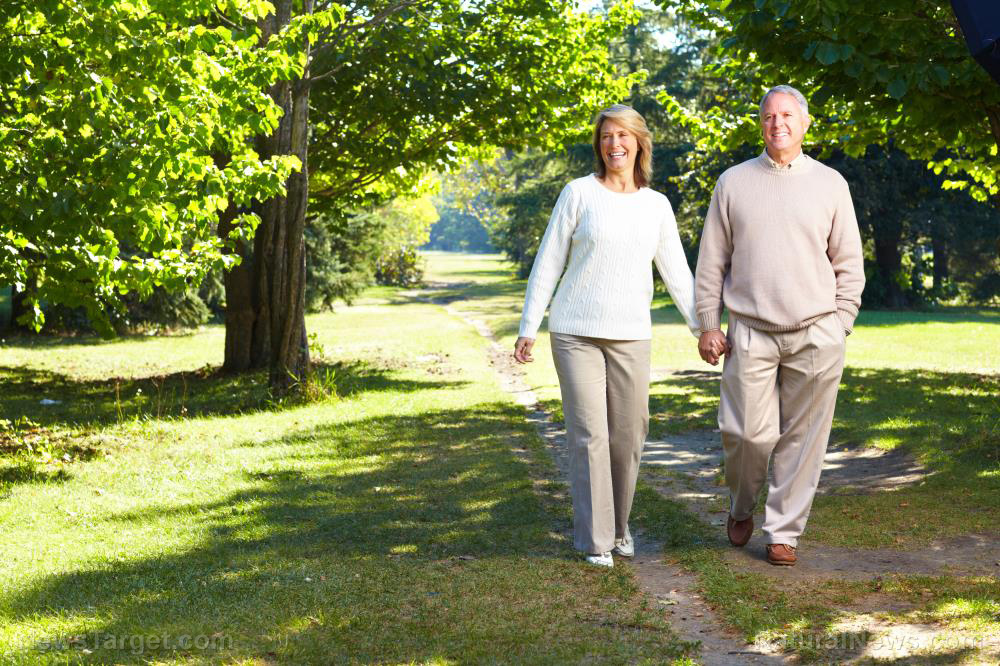6 Natural ways to reset your body clock so you can sleep better
12/20/2019 / By Grace Olson

When your body clock is not on “schedule,” it can cause physical, mental and emotional problems. This is especially the case for sleeping. However, you don’t need to rely on medications to help you get good rest. There are natural ways to reset your body clock, so you can get a good night’s sleep.
How does the body clock work?
The body clock, also known as the circadian rhythm, refers to innate bodily functions that follow an unseen schedule. Your body clock is led by the master clock inside your brain. This is a group of 20,000 neurons called suprachiasmatic nuclei (SCN) in the hypothalamus. These neurons control the regulation of hormonal levels, digestion and other processes. The production of cortisol (which helps wake you up) and melatonin (which prepares you for sleep) are some of the bodily processes affected.
Your body clock is affected by internal and external factors. Inside your body, cells have their biological clocks coordinated by the SCN. Outside your body, the circadian rhythm is mostly affected by three factors: exposure to light, consumption of food or drinks and decisions of the person (e.g. pulling an all-nighter). (Related: Evaluating how human rhythms are affected by light, darkness, and the clock.)
When your body clock is not functioning well, it drastically affects your sleep cycle. Without getting good sleep, you will feel more tired and irritable. This affects your performance at work and in school. This can also be dangerous because it can lead to accidents, such as falling asleep while driving.
Tips to reset your body clock
A lot of people resort to sleeping pills and other medications to help them fall asleep. Instead of risking your health further with the unwanted side effects of prescription drugs, here are small habits you can develop that can naturally reset your body clock:
1. Manipulate lighting
Exposure to light influences the production of hormones inside your body, specifically cortisol and melatonin. When exposed to light, especially in the morning, your body produces cortisol that can boost you for the rest of the day. When it’s dark, your body releases melatonin, which makes you feel sleepy.
Once you wake up in the morning, immediately open the blinds or get out for a dose of sunlight. If you need to wake up earlier than sunrise or there are no windows inside your room, try using a natural-light alarm clock instead. Thirty minutes before your set alarm, the clock will slowly become brighter before reaching its peak brightness to wake you up.
2. Manage your stress levels
When you’re stressed, your body produces cortisol. Higher stress levels result in the continuous production of cortisol and reduced release of melatonin. This negatively affects your body clock.
Set up a plan to properly manage your stress levels. Some examples of these include meditation, writing a journal, yoga, or listening to music.
3. Do activities outdoors
Spending time outdoors may help reset your body clock’s natural cycle. Try hiking or camping to immerse yourself in the outdoors while enjoying nature.
4. Watch when you eat and drink
The food and drinks that you consume affect the production of hormones and other compounds inside your body. When you eat close to your bedtime, it will cause a spike in blood sugar and insulin. This affects the other processes of your body. Instead of preparing for sleep, your body burns and digests the food instead.
This also applies to drinks. Avoid drinking coffee before going to bed because the caffeine will keep you awake. Meanwhile, alcohol may help you fall asleep, but it is known to cause fitful or restless sleep.
5. Try eating foods rich in melatonin and other sleep-related compounds
Some of these foods include tart cherries, pomegranates, olives, sunflower seeds and walnuts. Other compounds can promote better sleep, including:
- Tryptophan – which is converted into melatonin (e.g. lima beans and avocado)
- Magnesium – a natural relaxant (e.g. baby spinach and wild-caught salmon)
- Calcium – boosts the production of melatonin in the brain (e.g. broccoli and dark green leafy veggies)
Make sure to eat these foods three hours before bedtime so that they can be properly digested first.
6. Avoid sources of blue light before bedtime
Many people are in the habit of using gadgets in their beds. This habit exposes you to artificial blue light, which “tricks” your body into staying awake. Avoid scrolling through your screen in bed and keep your room dark to help you fall asleep.
Your body needs sleep to rejuvenate – help it along with the tips above. Learn more about natural ways to improve sleep at Health.news.
Sources include:
Tagged Under: anxiety relief, blue light, body clock, cardiovascular health, circadian rhythm, cognitive health, Cortisol, longevity, melatonin, prevention, sleep, sleep cycles, sleeping tips, stress relief
RECENT NEWS & ARTICLES
COPYRIGHT © 2017 LONGEVITY NEWS


















